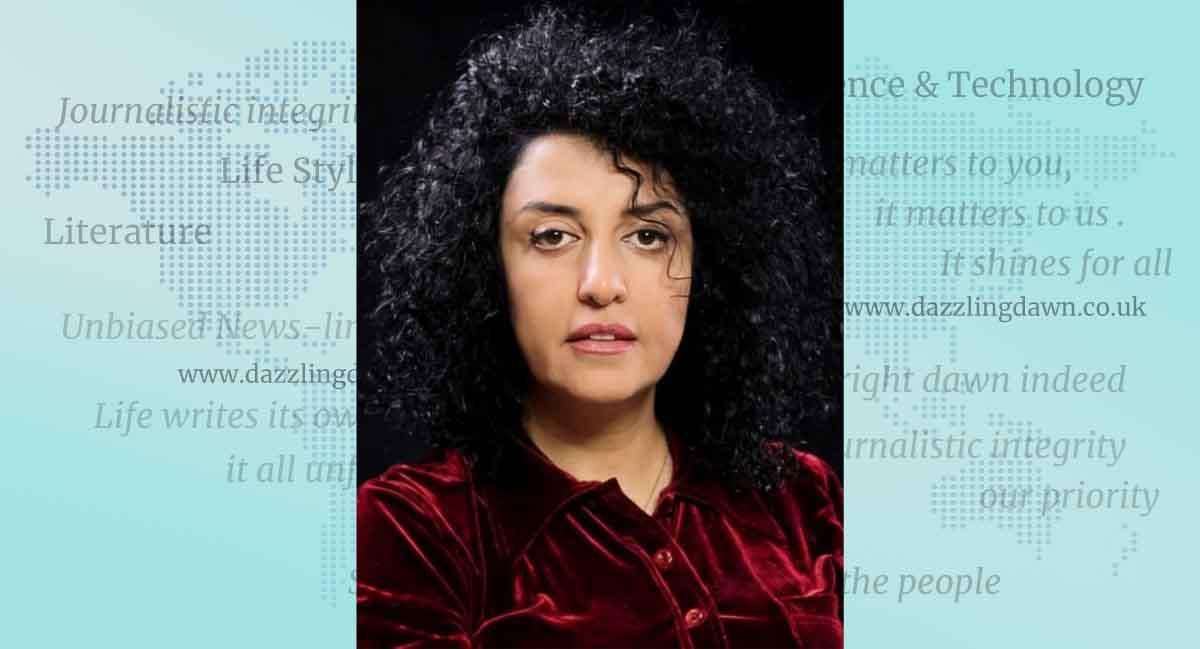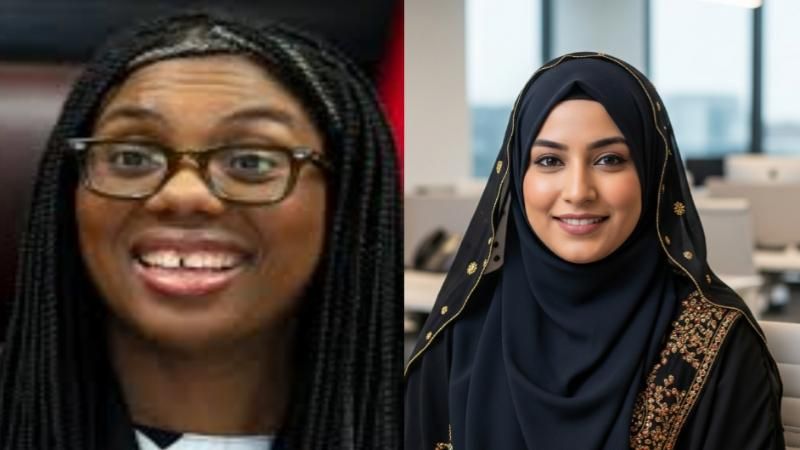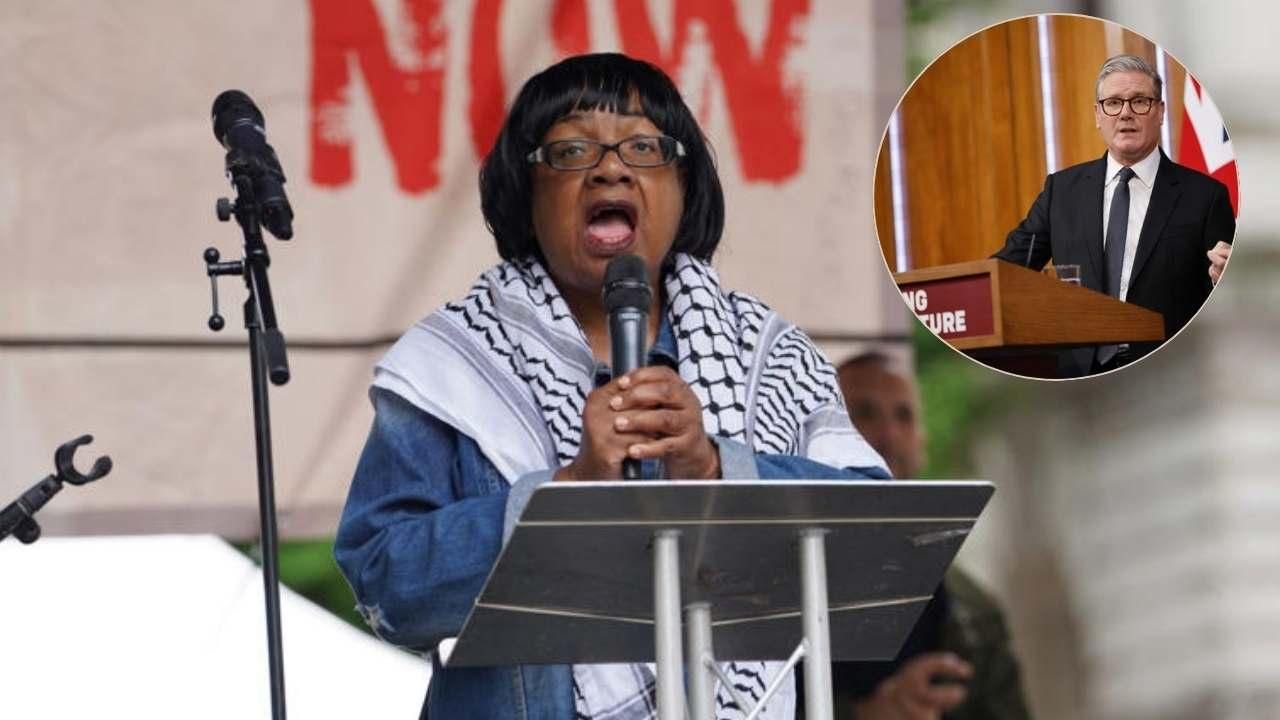Burka Debate Rekindled: Conservative Party Joins Calls for Workplace Bans as Muslim Community Expresses Alarm-The contentious debate surrounding the burka and other face coverings has dramatically re-entered the British political discourse, with the Conservative Party now aligning with the far-right Reform UK in advocating for workplace bans. This resurgence comes hot on the heels of a remarkable turn of events within Reform UK, where Muslim chairman Zia Yusuf dramatically quit over the issue only to rejoin the party days later, igniting fresh controversy Daily Dazzling Dawn understands.
The catalyst for this renewed focus was comments from Conservative frontbencher Kemi Badenoch, who stated that bosses should have the right to prohibit staff from wearing burkas in the workplace. Badenoch, known for her forthright views, also condemned Sharia courts and first-cousin marriages as "insidious" barriers to integration, asserting that she would not allow individuals wearing face veils into her constituency surgeries. While acknowledging that a nationwide ban might be legally complex and resource-intensive for police, Badenoch emphasized that organizations should have autonomy over their staff's attire, arguing that individuals should not be compelled to wear face coverings by their community or husband.
This Conservative stance mirrors the recent furore within Reform UK. The party, which has positioned itself as the UK's largest right-wing force, saw its Muslim chairman Zia Yusuf resign last week amidst a heated internal dispute over the burka. His subsequent, and somewhat unexpected, return to the party on Saturday night has only added fuel to the fire, highlighting the deep divisions this issue provokes.
The emergence of the burka ban as a prominent policy point for not just Reform UK, but now also the Conservative Party, raises significant questions for the millions of British Muslims, many of whom have historically found a political home within the Conservative ranks. While Badenoch’s comments about integration also touched upon issues like Sharia courts and cousin marriage, the focus on the burka has sent ripples of concern through British Muslim communities, particularly among those of Bangladeshi, Pakistani, Indian, BAME, and African descent.
Many within these communities view such proposals as discriminatory and an infringement on religious freedom and personal choice. The question now looms large: after the far-right Reform UK made its stand, with the UK's largest right-wing party now following suit against the burka, what does this signify for the future of religious freedom and multiculturalism in Britain?
Concerns are mounting that this renewed focus on the burka risks alienating a significant portion of the electorate and could exacerbate social divisions. For many British Muslims, the burka is a deeply personal and religious choice, and any state-imposed ban is perceived as an attack on their identity and faith. The broader implications for integration, trust between communities, and the perception of Britain as a tolerant and inclusive society remain a significant worry for many.








.svg)


